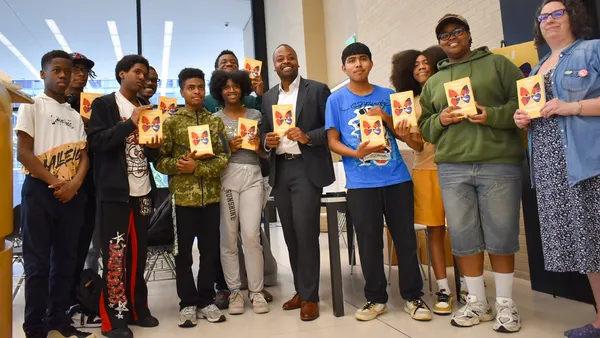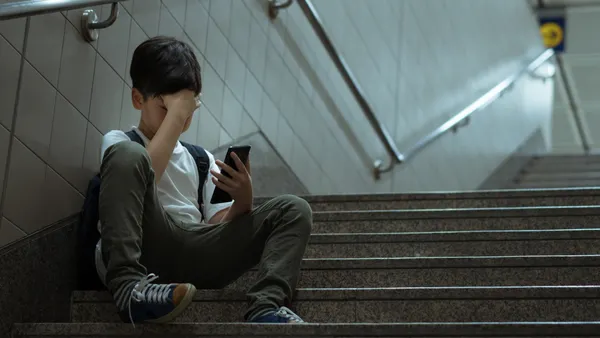Dive Brief:
- Through its Tapia Center for Excellence and Equity, Rice University is launching its third year of summer camps for teens with interests in science, technology, engineering and math.
- Campus Technology reports that the week-long Tapia Camps, running June 4 to July 29, focus on reaching underrepresented populations interested in STEM and are aiming to host 2,000 students this year.
- Campers pay $995 to attend (districts can also use Title I funds to ensure access), during which time they engage in project-based learning, meet top scientists, network with peers and Rice students, develop communications and college prep skills, and go on a tour of NASA.
Dive Insight:
STEM fields are slated for continuing growth in the 21st century economy as the need for skilled scientists, programmers and other related occupations rises. A demographic problem, however, has plagued STEM over the years, with few women or students of color among graduates. Black women, for example, earned just 937 of the 106,658 engineering bachelor's degrees awarded in the U.S. in 2015.
At the heart of the problem is a lack of role models in these fields. For girls, the perception that science or math is "for boys" is instilled early and lasts. And across the board, stereotypes of, say, the bespectacled and pocket-protector-wearing "nerd" who spends free time playing "Dungeons and Dragons" is a deterrent for many. Cutting that stigma is key, and the diversity of the field has been spotlighted recently in films like "Hidden Figures," which detailed the contributions of African-American women to NASA's space exploration programs. Bringing a diverse array of experts into the classroom has also been made easier via tools like Skype and Facetime.
Ensuring access to hands-on experiences, like those Rice University is offering in its Tapia Camps, is also key. And when using Title I to do so isn't an option, districts should consider programs and community outreach to help open these opportunities to students who may not otherwise be able to afford them. The lasting impact it can have on a student's life is well worth the additional effort.






 Dive Awards
Dive Awards




